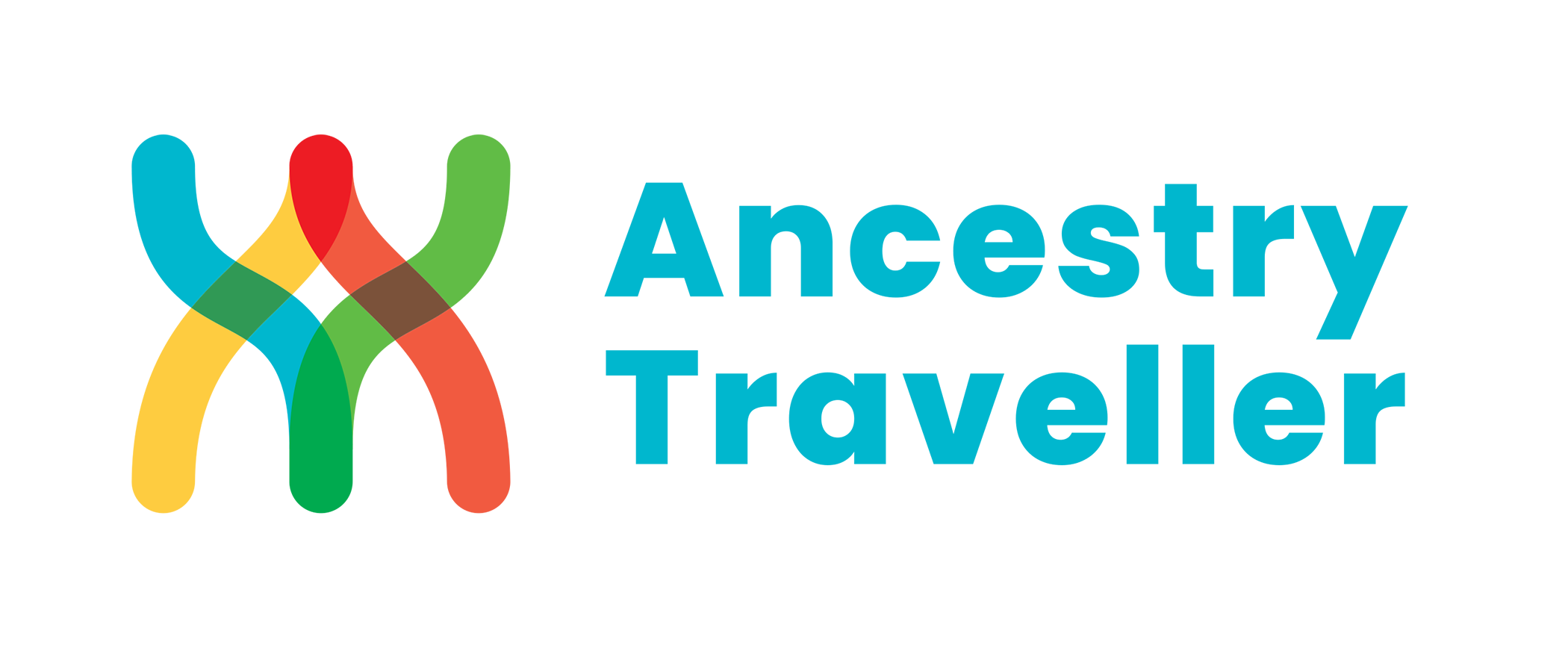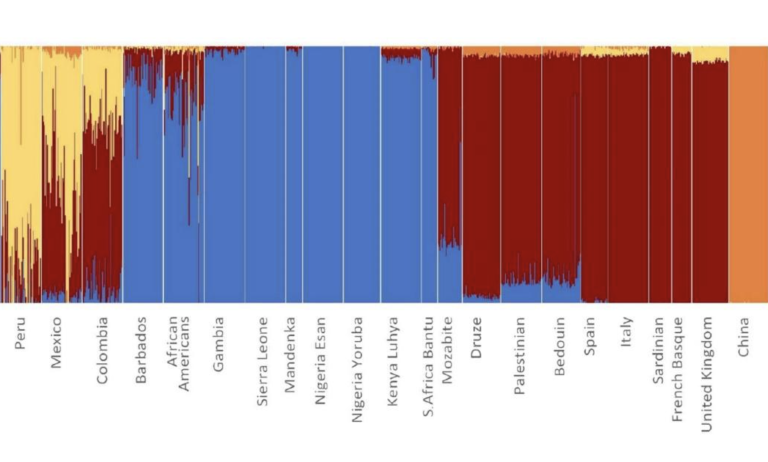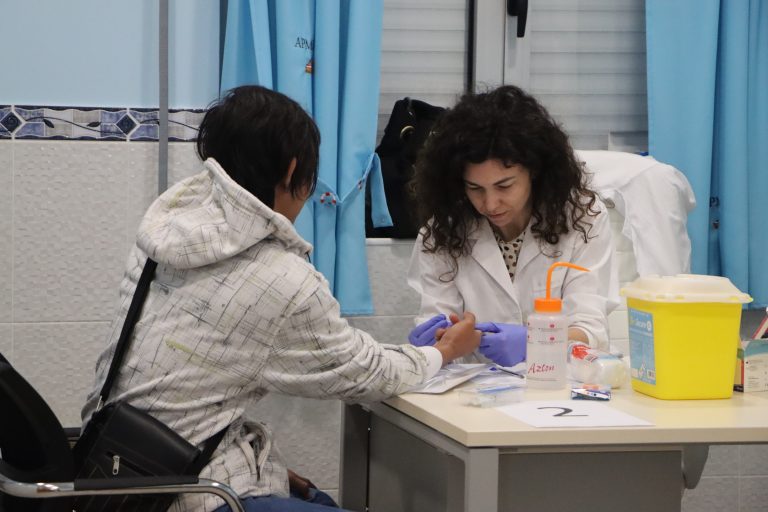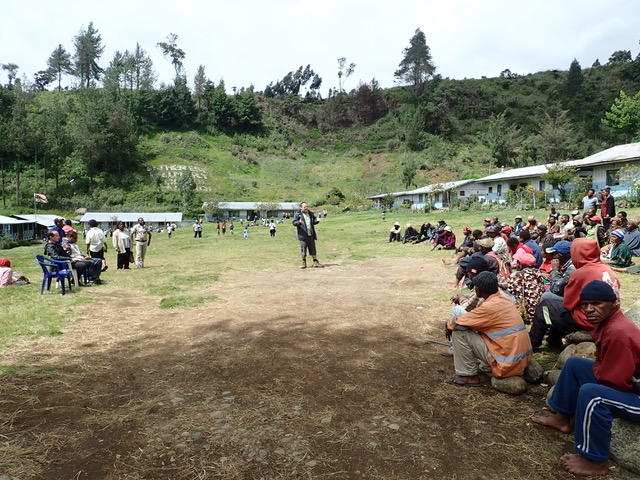Subjectivity, and a diagram’s ‘firstness’
The maternal side of M.’s family – M. is a fictional character who I’ve positioned in a Part 1 of this project, conducted before the DNA ancestry test result came through – had, in the near past, at least, stemmed from a hill tribe in S.E. Asia, a people who are often without citizenship.




